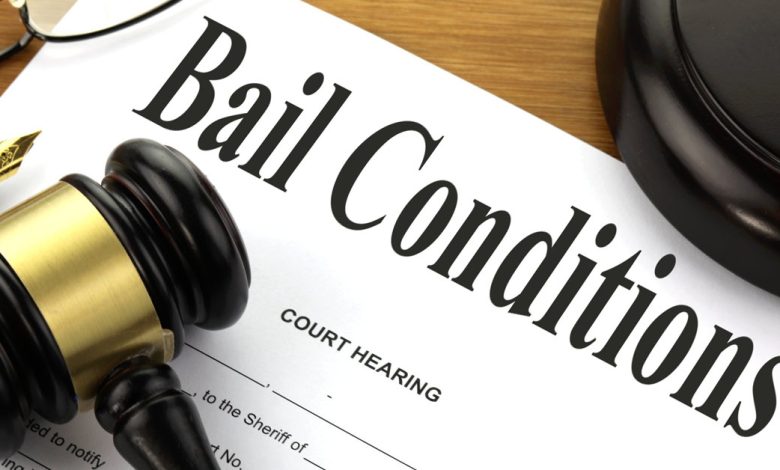Daily Current Affairs for UPSC
Condition for bail
Syllabus- Indian Polity and Governance [GS Paper-2]

Context- The Supreme Court has granted bail to activists Vernon Gonsalves and Arun Ferreira, accused of unlawful activity (UAPA) in the Bhima Koregaon violence case.
Key Highlights
- The Supreme court recommended setting the appropriate conditions for bail which involved not leaving Maharashtra but surrendering passports.
- They must also report their address to a National Investigation Agency (NIA) official and their mobile number must be shared with the NIA and the location must be always on.
- The court explained that in case of violation of the bail conditions, it is possible to submit an application against the bail to the public prosecutor.
Concerns
- The question is whether this condition violates the rights of the accused under Article 21 [fundamental right to life] of the Constitution.
- Segregation is undoubtedly an intrusive practice that forces defendants to trade their right to privacy for liberty.
- No amount of fear in the heads of the institutions can accept a practice where a person remains in the panopticon of surveillance even outside the prison.
- Courts can and should consider less intrusive measures to protect state interests.
Previous judgements
- In 2021, the Supreme Court opposed the imposition of “labourer” conditions on bail, saying such conditions were “tantamount to denial of bail”.
What is bail?
- Bail means the conditional release of a person from jail or imprisonment with pending investigation and trial.
- It can also be requested at the appeal stage to avoid indefinite internment at the appeal stage, although the benefit of the presumption of innocence cannot be used at the final stage.
Jurisprudence
- The inquiry into bail law in post-independence India is based on Article 21 of the Constitution, which protects not only life but also liberty, stating that liberty can only be taken away by a process laid down in law, which must be “fair, just and reasonable.”
- The same procedural law that provides for arrest and detention ensures that the accused can apply for bail through a number of provisions ranging from pre-arrest bail to statutory bail.
- While the former under Section 438 of the Code of Criminal Procedure (CrPC) allows an accused to approach the Sessions Court or the High Court for an order to release him on bail if he is arrested for a non-bailable offence, the latter under Sec 167 of the Criminal Code gives the accused the right to be released if the investigation is not completed within ninety or sixty days, depending on the seriousness of the alleged crime.





.png)



